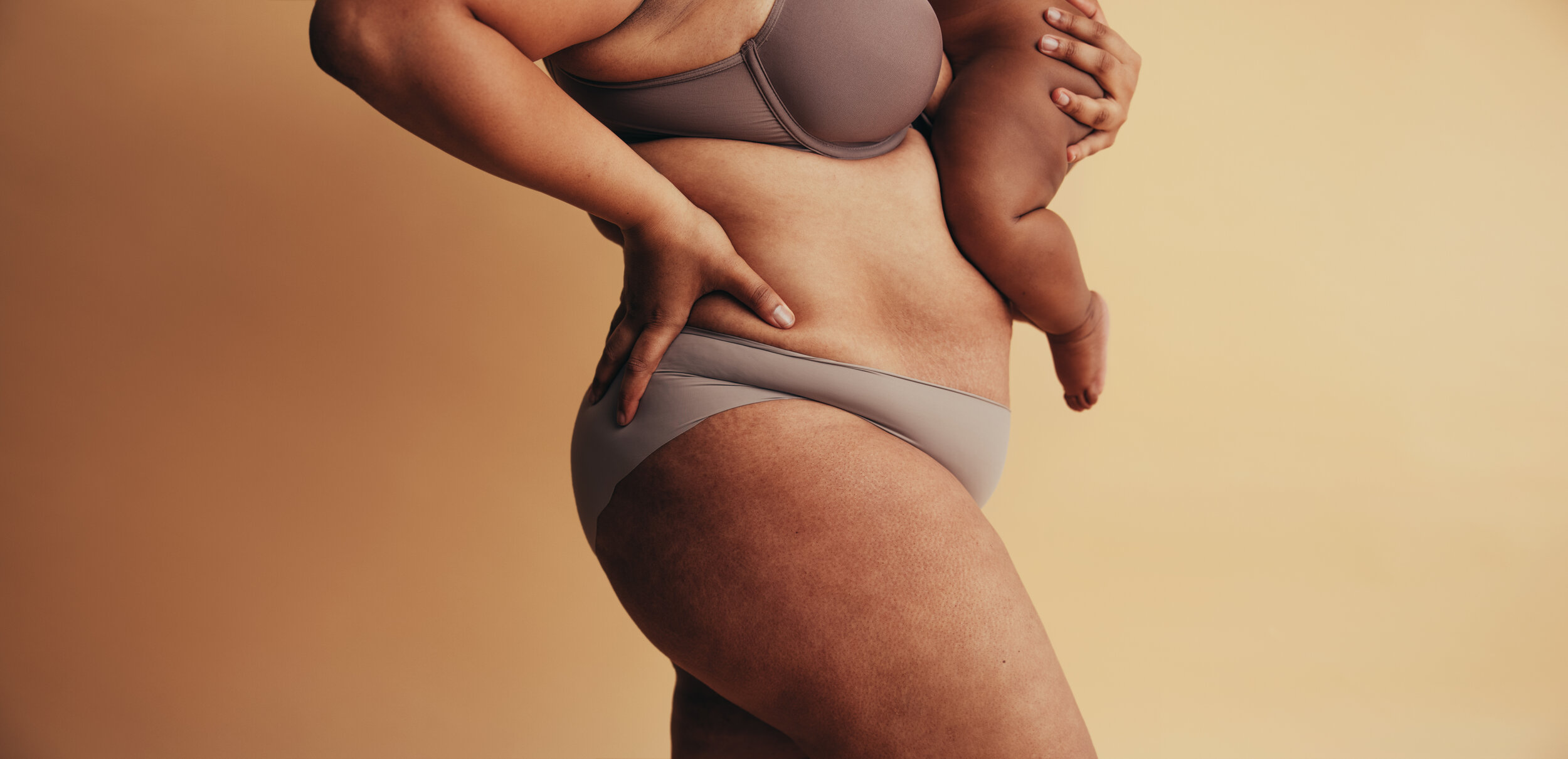I can’t tell you how many times I get asked this question, or I hear comments like “I don’t need a doula, I have a midwife.” The other comment that I hear all the time is that “my OB told me I don’t need a doula.” That right there should be a red flag. I think we should start talking about what a doula does and does not do, and how they differ from a midwife. Then we can uncover what types of births need a doula.
A doula provides physical, emotional and informational support to a birthing person before, during and after childbirth. We don ‘t catch babies. We don’t perform any medical procedures, or give medical advice. Here’s what would be important to me if I were looking for a doula. I would want someone that is familiar with positioning, comfort measures and has been present for a variety of birthing environments. What I mean by environments, home birth, hospital, birth center. I would also want someone who was connected in the birth community and had a strong list of referrals should I need something that would be out of scope for a doula. Most of all, I would look for connection. I would want someone with childbirth education, however, that being said, the certifications in the world are NOT a stand in for how this person make you feel, do you trust them? I would also want someone who provided more than one postpartum appointment. One in the first week after delivery and one around 6 weeks post partum. A lot can happen and change, and I would want the support.
Let’s take a look at what midwives do. A midwife is a health care professional. They may preform gynecological exams, write prescriptions, provide medical care during and after labor and delivery, preform fetal monitoring. A midwife is medically trained and qualified to deliver babies. The role of doula and midwife are different. A midwife does not usually stay with the birthing person for the entirety of their labor, a doula does.
So….let’s get to the question at hand! What type of birth needs a doula? ALL BIRTHS. Let’s list some scenarios. Waterbirth. Hospital birth. Birth Center. VBAC. Scheduled C-section. Epidural. All natural. ALL of these types of births would benefit from a doula. All of them. As we know, birth is unpredictable, and with that can bring anxiety, confusion, doubt. Here is where your doula can help. Your goals should be their goals. Period. Most people find themselves saying that all they want is a healthy baby, and while this is 100% true, there is more to than that. What if we could envision a birth that is not only safe, but also where you feel supported, heard, and empowered? Wouldn’t that be the most ideal situation? One of the biggest benefits of a doula is having someone who is your corner during one of the biggest and most important moments of your life. What’s more, evidence supports this. Birth outcomes are better. Doulas understand how health systems work, how OBS and midwifes work, and how to help you advocate for yourself. They shouldn’t speak for you, but help you understand and navigate the process.
So, in my opinion, all births need a doula. Remember, someone that you trust. Someone that you trust as the eyes and ears of your birthing space. That is what matters. All the certifications in the world will make no difference if you don’t trust this person. I am lucky, I have been invited into the moments that matter, and that is a true honor, and great responsibility. I am there to support, educate, and be a non judgmental support. Look for those things, and you won’t regret it. Again, there is no specific “kind” of birth that needs a doula, I really believe that ALL BIRTHS can benefit from a doula. I love this work, and just remember you can do hard things, and you are entitled to a safe birthing environment, where you feel heard, AND EMPOWERED. Birth is amazing, and you can do it!










